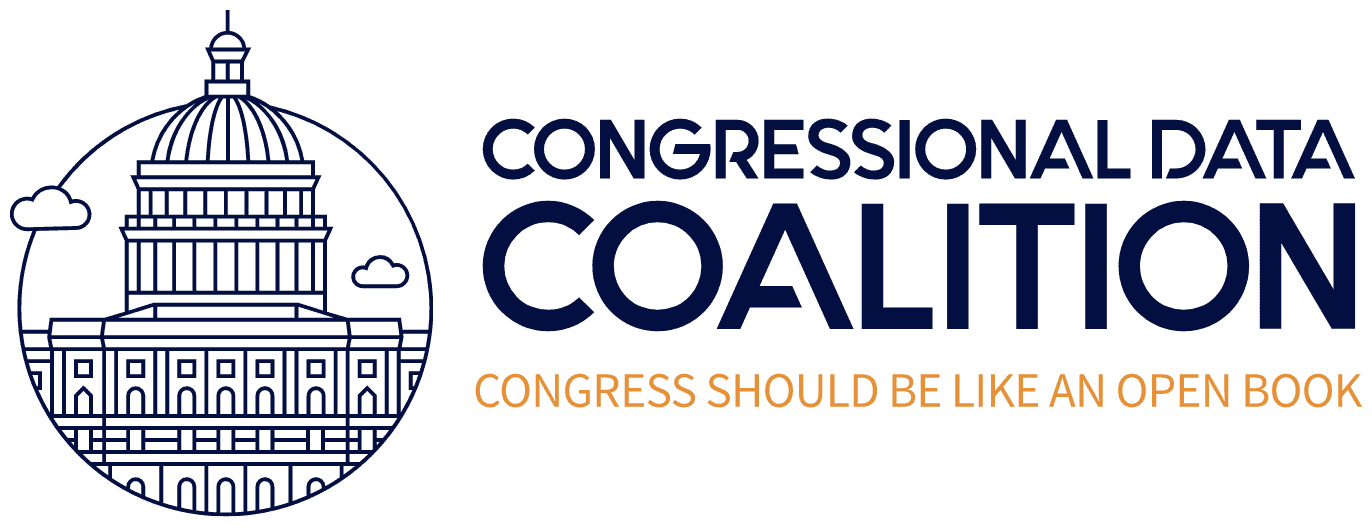The next Bulk Data Task Force meeting will be held on Zoom on Thursday, March 10, from 2 – 3:30 EST.
The second quarter meeting is scheduled for Thursday, June 9, also from 2 – 3:30 EST.
Registration for the March 10th event is now online here. The agenda is as follows:
- Welcome and Background (Meeting starts at 2:01/2:02)
- Reports/Updates from our Legislative Branch organizations: GPO, GPO, House Clerk, House CAO, Senate Secretary, CBO, others [35 to 40 minutes]
- Reports/Updates from civil society organizations [15 to 20 minutes]
- Time for Discussion/Questions and Answers
- Announcements/Closing (Meeting ends at 3:30 pm EST)
Highlights from BDTF’s last meeting, held back in July 2021, included allowing digital submission of legislative documents to the House of Representatives during the ongoing public health emergency; the House Clerk’s Comparative Print Project and our BillMap tool for tracking legislative memes; and several other modernization updates from GPO, the Library of Congress, and the Secretary of the Senate. Read our recap here.
